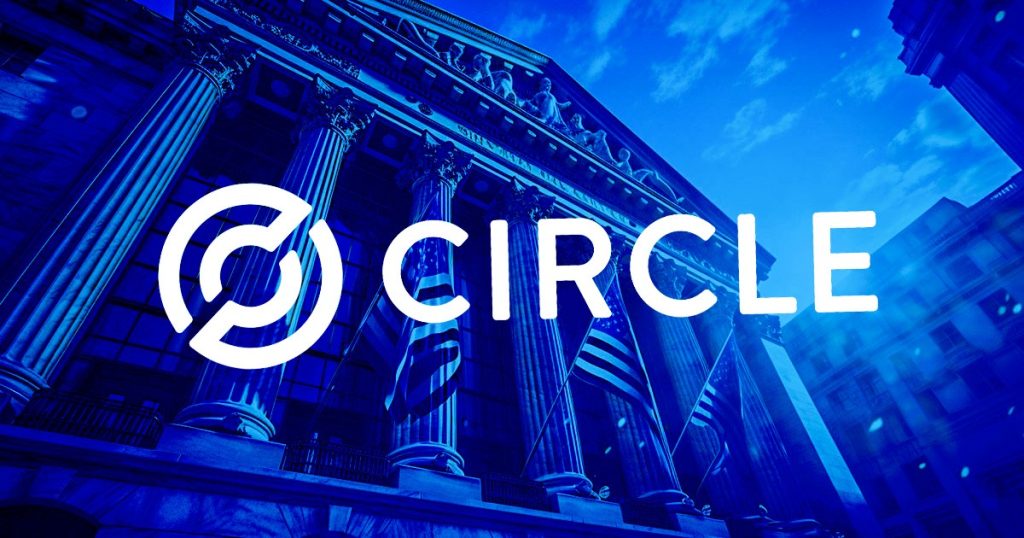ARTICLE AD BOX

The post Madras High Court Rules XRP Is Property in Landmark WazirX Case appeared first on Coinpedia Fintech News
In a major ruling that could reshape how India views digital assets, the Madras High Court has temporarily stopped WazirX from reallocating a user’s frozen XRP holdings, marking a crucial win for Indian crypto users affected by the exchange’s 2024 hack. The decision recognizes cryptocurrency as a form of property that can be held in trust, a stance that could set a powerful legal precedent for future crypto disputes in India.
Crypto as Property, Not Exchange Asset
Justice N. Anand Venkatesh issued the order on October 25, directing Zanmai Labs, WazirX’s Indian operator, to provide a bank guarantee worth ₹9.56 lakh (around $11,500), the value of the petitioner’s 3,532 XRP, until arbitration proceedings conclude. The judge stated that “cryptocurrency is property capable of being enjoyed, possessed, and held in trust,” establishing a clear distinction between the exchange’s control and the user’s ownership rights.
This recognition effectively challenges the notion that exchanges have absolute authority over users’ digital assets, strengthening the argument that crypto belongs to the user, not the exchange.
Clash Between Indian Users and Singapore Restructuring
The case stems from WazirX’s controversial restructuring plan, managed through its Singapore-based parent company, Zettai Pte Ltd. After the $230 million hack in July 2024, WazirX froze withdrawals and proposed a “socialized loss” scheme. Under the plan, affected users would receive “recovery tokens” and partial repayments once the exchange resumed operations, an approach recently approved by the Singapore High Court.
- Also Read :
- North Korea’s AI Hackers Redefine Crypto Crime in 2025
- ,
However, the petitioner, Rhutikumari, argued that the exchange’s move to redistribute her XRP without consent violated her ownership rights under Indian law. The Madras High Court sided with her, halting WazirX’s reallocation and affirming that her crypto holdings must remain protected until the dispute is resolved.
Implications for India’s Crypto Legal Framework
This decision could have far-reaching consequences for how Indian courts handle crypto disputes involving foreign-registered exchanges. By acknowledging that crypto assets can be held in trust, the ruling gives Indian users a stronger footing to challenge overseas corporate actions affecting their holdings.
For thousands of WazirX users still awaiting restitution from the 2024 hack, the judgment offers a glimmer of hope, a sign that India’s judiciary may prioritize user ownership and local legal protection over foreign corporate restructuring.
Never Miss a Beat in the Crypto World!
Stay ahead with breaking news, expert analysis, and real-time updates on the latest trends in Bitcoin, altcoins, DeFi, NFTs, and more.
FAQs
In a key ruling, the Madras High Court recognized cryptocurrency as a form of property that can be owned, possessed, and held in trust, strengthening user ownership rights.
The Madras High Court ruling challenges this, affirming that crypto belongs to the user, not the exchange, which cannot redistribute assets without consent.
It’s a recovery plan where an exchange’s hack losses are shared among all users, often by issuing IOUs or reducing balances, instead of fully reimbursing affected individuals.
.png)
 3 hours ago
1
3 hours ago
1








 English (US)
English (US)